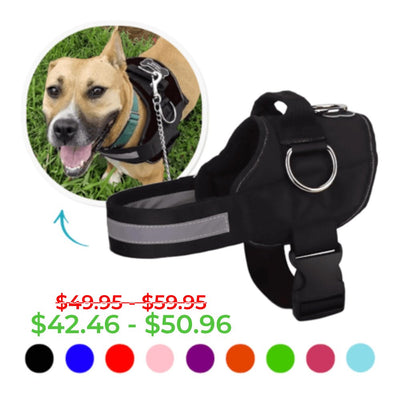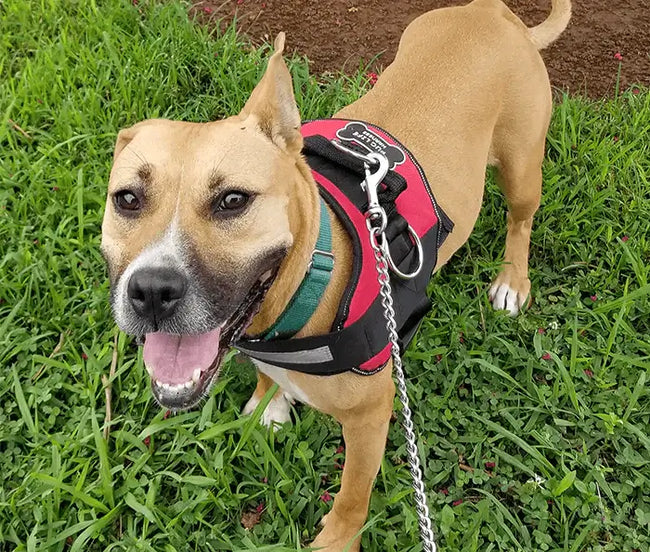Can dogs sense how you feel?

Dogs are fascinating mammals, and it’s amazing to think about how they’ve evolved from their origins and landed as (Hu)Man’s Best Friend.
There are so many qualities about dogs that are easily loved.
Dogs are affectionate, loving, and they provide a level of companionship that’s hard to hold a candle to. They’re the ultimate best friends in our lives. The thing about best friends? They often know how you’re feeling.
Don’t write this off just yet, but what if we told you that dogs know you more than you think? What if we told you that dogs may know what you’re feeling?
The American Kennel Club (AKC), in their own coverage of dogs’ abilities to understand humans, shared an interesting study from the Department of Veterinary Medicine at the University of Bari Aldo Moro in southern Italy.
The study conducted examined how dogs associate facial expressions and emotional vocalizations with positive or negative meanings.

The abstract from the study disclosed the following: “The current research provides new insights into emotional functioning of the canine brain by studying dogs’ lateralized auditory functions (to provide a first insight into the valence dimension) matched with both behavior and physiological measures of arousal (to study the arousal dimension) in response to playbacks related to the Ekman’s six basic human emotions. Overall, our results indicate lateralized brain patterns for the processing of human emotional vocalizations, with the prevalent use of the right hemisphere in the analysis of vocalizations with a clear negative emotional valence (i.e. “fear” and “sadness”) and the prevalent use of the left hemisphere in the analysis of positive vocalization (“happiness”). Furthermore, both cardiac activity and behavior response support the hypothesis that dogs are sensitive to emotional cues of human vocalizations.”
Another way to look at this is that full-grown, adult dogs are known to have a mind that’s similar to toddlers. Specifically, the mind is similar in terms of cognitive functions and emotional intelligence. This makes dogs more sensitive to the emotions around them.
Do they know exactly what you’re feeling? Studies have yet to crack that case. This doesn’t account for dogs being able to sense and smell that you’re sick, but when it comes to emotions, dogs are able to differentiate between positive feelings and negative feelings. This is why you’ll notice specific reactions from your dog.
Their reactions are rooted in empathy. Dogs can react to you and how you’re feeling by licking your face, putting their head on your lap, and more. All of this is in response to your vocal and physical expression of how you’re feeling.
Next time you’re happy or upset, pay attention to how your dog responds. You might be surprised (or not because dogs are obviously amazing).






















